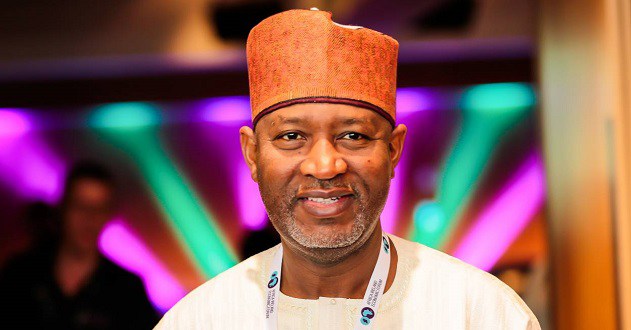 Nigeria’s Minister of Aviation, Hadi Sirika appears to have dampened the enthusiasm of many advocates of a national carrier for Nigeria. On Wednesday, he said Arik Air currently does not possess what is required to make it a national carrier, contrary to the thinking of many of these enthusiasts.
Nigeria’s Minister of Aviation, Hadi Sirika appears to have dampened the enthusiasm of many advocates of a national carrier for Nigeria. On Wednesday, he said Arik Air currently does not possess what is required to make it a national carrier, contrary to the thinking of many of these enthusiasts.
The Minister made his position known while briefing State House correspondents on the status of Arik Air with regards to govenment’s intention to float a national carrier shortly after the Federal Executive Council (FEC) meeting at the Presidential Villa, Abuja.
Clarifying the stand of the Federal Government on the issue, Sirika explained that the carrier which he intended to bring was one which would support the national economy with 450 million dollar GDP for 200 million people and which would be very equipped to compete favourably.
According to Sirika, 80 percent of international airlines which have dominated the African airspace were non-African.
“In view of the AU Agenda 2063, the Single African Aviation Market, we thought that there will be an airline that will take up that challenge, that will take advantage of it and be able to provide services to our people.
“Nigeria, being the first country to kick-start the declaration in 1999, to establish a one common market in Africa, we wanted to take advantage of the Nigeria Airways which was the strongest airline on the continent and we thought that we could take advantage of that and it would pay Nigeria very well.
“Tables turned, decisions were reversed and now, Nigeria was unlucky to have an airline that can participate in that manner. So the answer to your question is that Arik, as presently constituted is not in line with the thinking of the ministry.
“It will not be able to give us that airline that we need. However, Arik as an entity is private-sector driven. One can either buy shares in the new venture or invest in any manner in the business as presently approved,” Sirika said.
He however added that he was not implying that other airlines in the country would go down when a national carrier came on board as it was the ministry’s duty to support business in the sector.

NNPC Ltd Enters Final Stages Of Preparation For Public Listing
Dangote Refinery Halts Naira Sales, Cites Dollar-Denominated Crude Costs
Court Orders Arraignment Of Ex-First Bank Executives Over Alleged ₦12.3Bn Fraud
Renaissance Energy Completes Landmark Acquisition Of SPDC